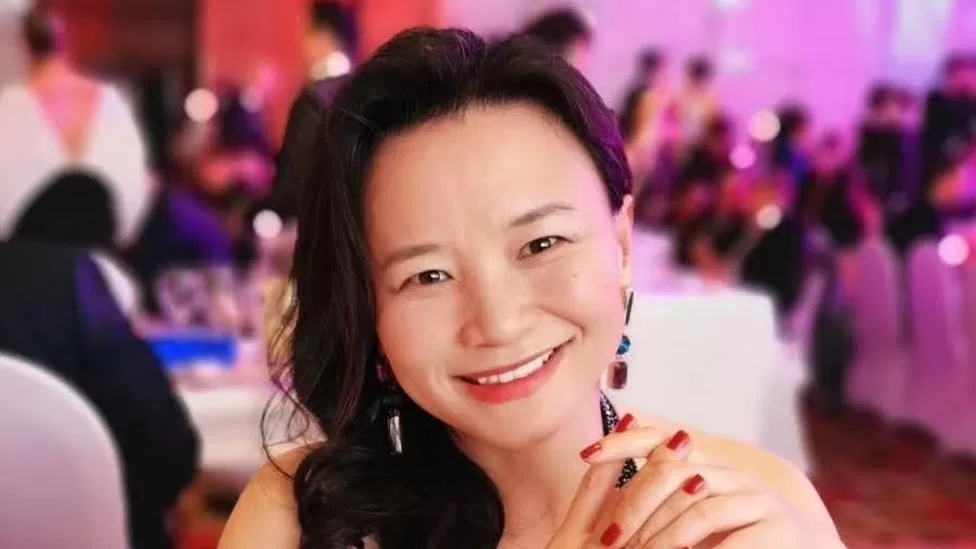Australian journalist Cheng Lei says she misses sunshine of China

A journalist who has been held in Chinese detention for three years has spoken publicly for the first time.
As Cheng Lei wrote in an open letter for the Australian people, dictated to diplomats who are able to speak to her each month, “I miss the sun. The sunlight shines through my window for 10 hours a year, but I can only stand in it for 10 hours.”
I can’t believe I avoided the sun when I lived in Australia… Her prediction was that it would rain the first two weeks she was back in Melbourne.
It has been three years since I last saw a tree,” she said.
When she was picked up, the finance reporter was working for CGTN, China’s state media English-language television station. She spent her first six months in solitary confinement without charge.
Ms Cheng was tried in secret last March and has been waiting for a year and four months for her sentence.
The Australian ambassador to China, Graham Fletcher, attempted to gain entry to the court to witness proceedings, but was unsuccessful.
Other than that it is said she is accused of passing on “state secrets”, her family does not know what she is accused of.
State secrets are very vague in China, and can include anything the government deems sensitive.
Her letter released today is filled with nostalgia for her life in Australia, the country her family immigrated from Hunan Province when she was 10 years old.
It was 1987 when she went camping for the first time with her family, driving a $700 [£360] car owned by her father.
I relive bushwalks, river, lake, beach walks, swims, picnics and psychedelic sunsets, starlit skies, and the silent and secret symphony of the bush.”
“I secretly mouth the names of places I’ve visited and driven through” in Australia, the former TV anchor admitted in prison.
In what she describes as “a love letter to 25 million people”, Ms Cheng recalls the kindness of strangers and friends alike and how those memories have “restored me behind bars”.
In addition to the sand between her toes, she misses sea salt, black humour, the Queensland tropics, and the endless blue skies of Western Australia.
The Chinese government may have delayed Ms Cheng’s sentencing as a bargaining chip in its dealings with Australia, based on speculation that her case is being used as a bargaining chip.
An invitation to meet Xi Jinping has been extended to Australian Prime Minister Anthony Albanese. Ms Cheng and fellow Australian Yang Hengjun have not yet been released, so he is under considerable pressure not to make the trip.
She concludes her letter with the most important line: “I miss my children most of all.”
